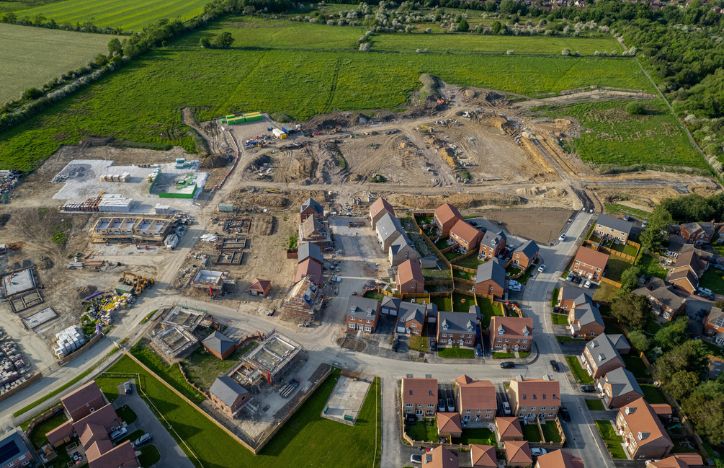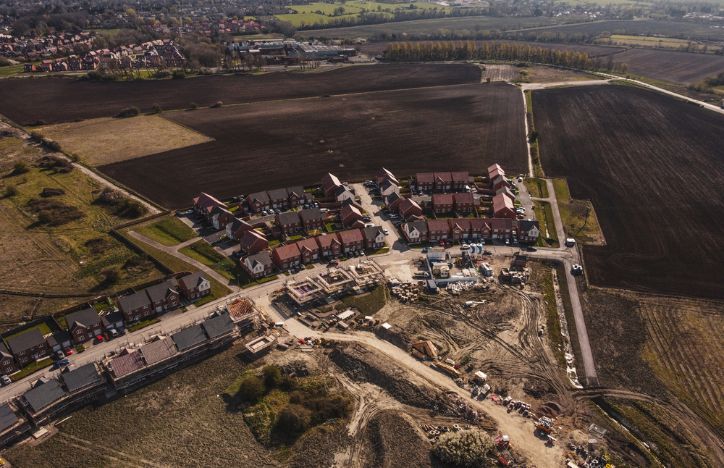Commentary
The IWA and this suite of Regulations are the future for developing infrastructure in Wales. Those familiar with the DNS and NSIP regimes will recognise a lot of similarities of both in the SIP regime. Reading the Regulations, it feels like the Welsh government have followed their own mantra of including the ‘best of both’.
As we have said before, the regime offers a significant number of new powers which can be used to unlock sites, not just powers of compulsory acquisition and access/surveying powers but also incorporating a raft of other consents in an ICO or disapplying other legislative requirements to facilitate the delivery of a project. The Regulations give the Welsh ministers and the ExA a lot of discretion in terms of process, procedure and timescales which may beg the question around certainty of the decision making process. However, one thing that is missing from the regime’s full picture is the supporting Guidance (as noted above). We would hope for further clarity in this document to address how the Welsh government envisages certain powers being used in practice.
The shift from a regime focussed on full planning permission (for DNS projects) compared to one offering a significant amount of flexibility with defined limits of deviation, as well as use of the Rochdale envelope concept (available to SIP projects) will need a mind-set shift for a number of practitioners and developers operating in Wales but ultimately it should put developers in that rare position of having both control and flexibility over the delivery of their projects.
Get in touch with our planning and infrastructure team if you would like to discuss the changes in greater detail and what they mean for you. We will also be hosting a seminar to offer further insight into the new procedure, so keep an eye on our website for more details to be announced soon.







